Request for Proposal Guide - RFP Analysis & Response Aid
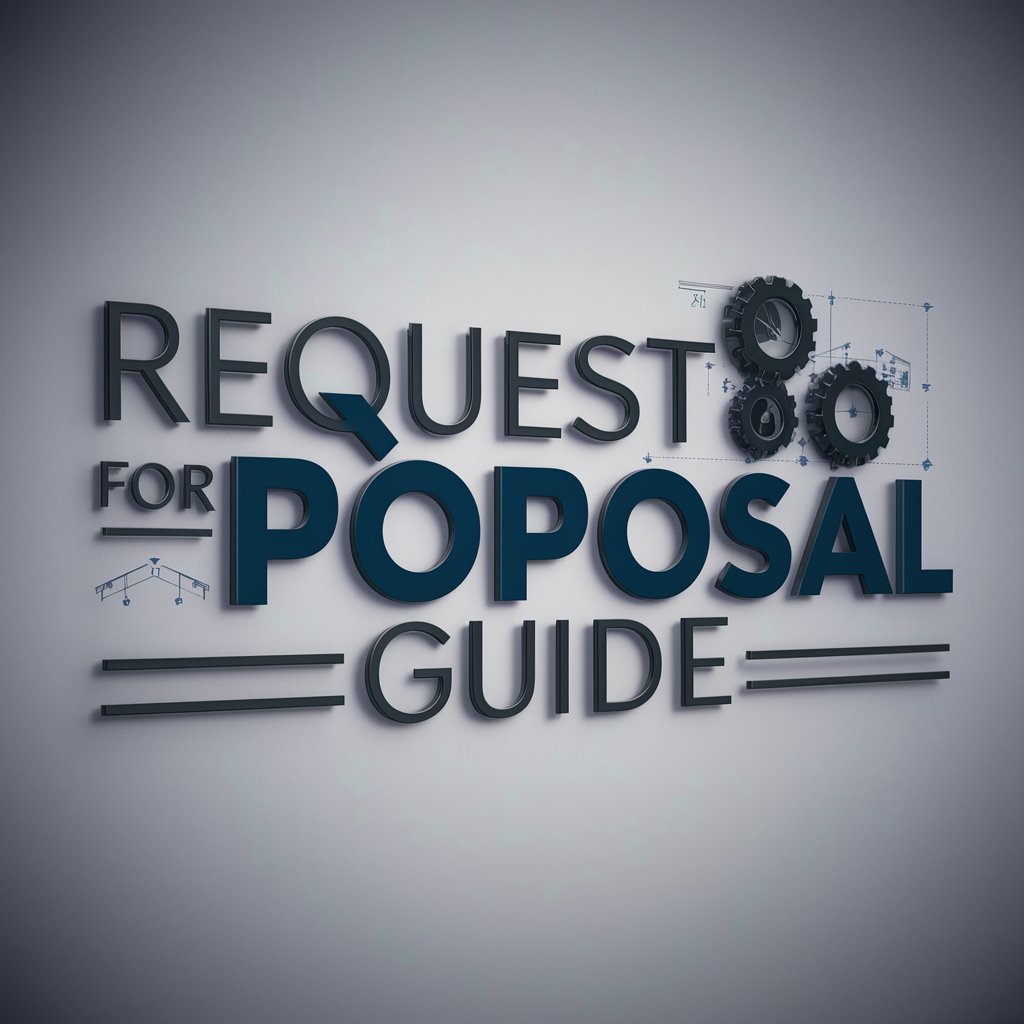
Welcome to the Request for Proposal Guide!
Streamlining Proposals with AI Insight
Please upload your RFP document for a detailed review.
Can you share details about similar projects you have completed?
Let's draft the initial proposal text together.
Here are some best practices for responding to engineering RFPs.
Get Embed Code
Overview of Request for Proposal Guide
The Request for Proposal Guide (RFP Guide) is a specialized tool designed to assist users in responding to Requests for Proposals (RFPs) in the engineering sector. It facilitates a step-by-step approach, incorporating best practices in proposal writing. The RFP Guide's primary function is to streamline the proposal process, ensuring that responses are not only comprehensive but also tailored to meet the specific needs and requirements of the RFP issuer. An example scenario illustrating its function could be a small engineering firm receiving an RFP from a large corporation for a construction project. The firm utilizes the RFP Guide to understand the RFP's key elements, draft a relevant response, and refine their proposal based on iterative feedback. Powered by ChatGPT-4o。

Key Functions of Request for Proposal Guide
RFP Document Analysis
Example
Summarizing an RFP for a municipal bridge construction, highlighting key requirements like budget constraints, environmental regulations, and project timelines.
Scenario
A civil engineering company receives an RFP for bridge construction and uses the RFP Guide to identify critical aspects and compliance requirements of the project.
Drafting Initial Proposal Text
Example
Assisting in creating a proposal draft that outlines the approach to a renewable energy project, including project design, implementation phases, and sustainability measures.
Scenario
An energy engineering firm is drafting a proposal in response to an RFP for a solar power installation project. The RFP Guide helps in structuring the proposal and emphasizing key strengths.
Iterative Feedback for Improvement
Example
Providing detailed suggestions to enhance a proposal's technical section, ensuring clarity and conciseness while aligning with the RFP's objectives.
Scenario
An engineering consultancy firm uses the RFP Guide to refine their proposal for an urban planning project, focusing on enhancing the clarity and relevance of their proposed solution.
Target User Groups for Request for Proposal Guide
Small to Medium Engineering Firms
These firms often have limited resources for proposal writing and can benefit significantly from the structured, best-practice approach provided by the RFP Guide. It helps them compete effectively with larger firms.
Independent Engineering Consultants
Consultants often juggle multiple projects and clients. The RFP Guide aids in managing proposal writing efficiently, ensuring high-quality, tailored responses without excessive time investment.
Large Engineering Corporations
While they may have dedicated proposal teams, the RFP Guide can serve as a supplementary tool, providing a fresh perspective and ensuring all RFP requirements are meticulously addressed.

How to Use Request for Proposal Guide
1
Begin by visiting yeschat.ai to access a free trial of Request for Proposal Guide without the need for login or ChatGPT Plus subscription.
2
Upload the RFP document you need assistance with. This allows the tool to analyze and understand the specific requirements and context of your project.
3
Review the summarized key points and requirements generated by the tool. This includes crucial deadlines, specific technical requirements, and evaluation criteria.
4
Leverage the tool's suggestions for relevant past project examples. Provide details about similar projects you have completed to enhance the proposal's credibility.
5
Utilize the draft proposal text provided by the tool as a starting point. Refine and iterate upon this draft, incorporating the tool’s feedback for continuous improvement.
Try other advanced and practical GPTs
PokéGuias
Elevate Your Game with AI-Powered Pokémon Guidance

Pine Assist
Elevating Pine Script Mastery with AI
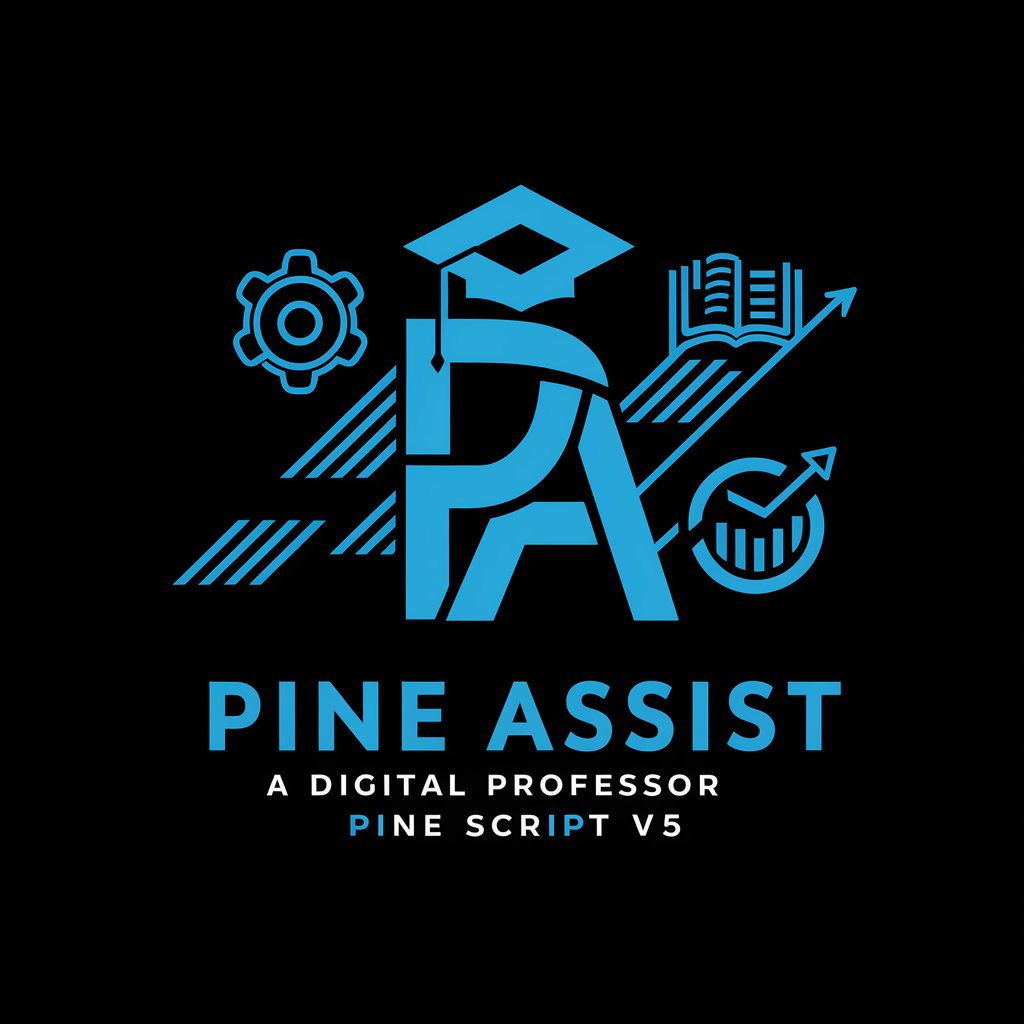
DocuBubble Logic Expert
Elevate Your SaaS with AI-Driven Bubble Insights
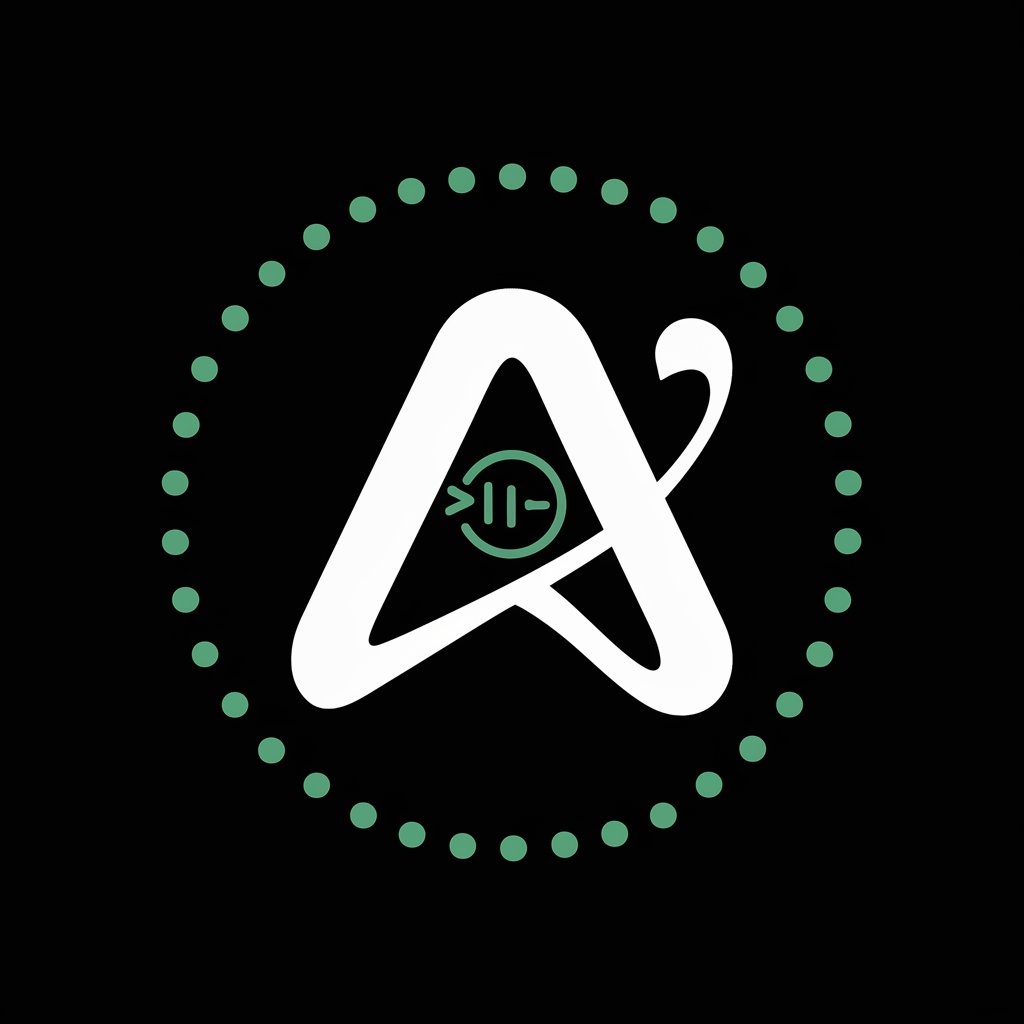
Ogiri Comedy Master
Unleash Humor with AI Creativity

The AI Lab for Book-Lovers
Empowering Book-Lovers with AI Insight
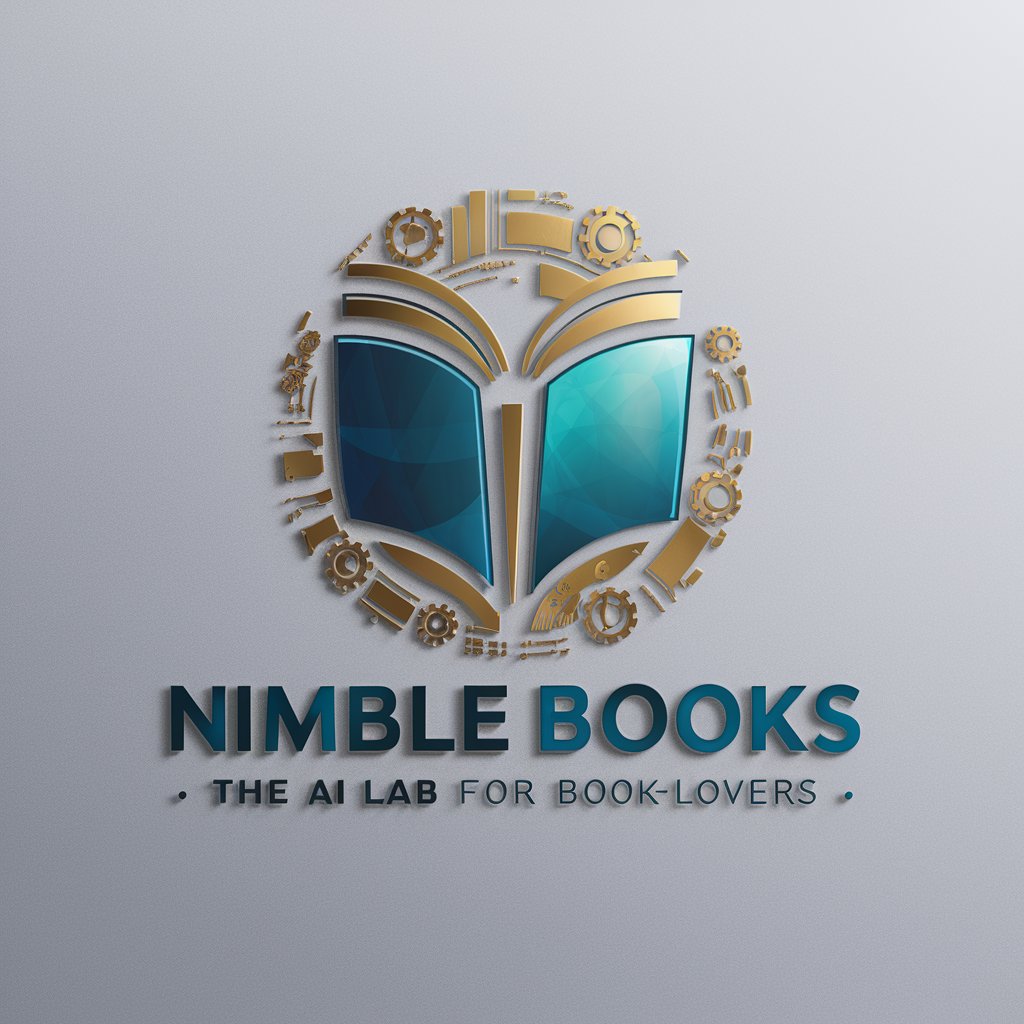
なんでも寄り添い型AI
Empathy-Driven AI for Personalized Support
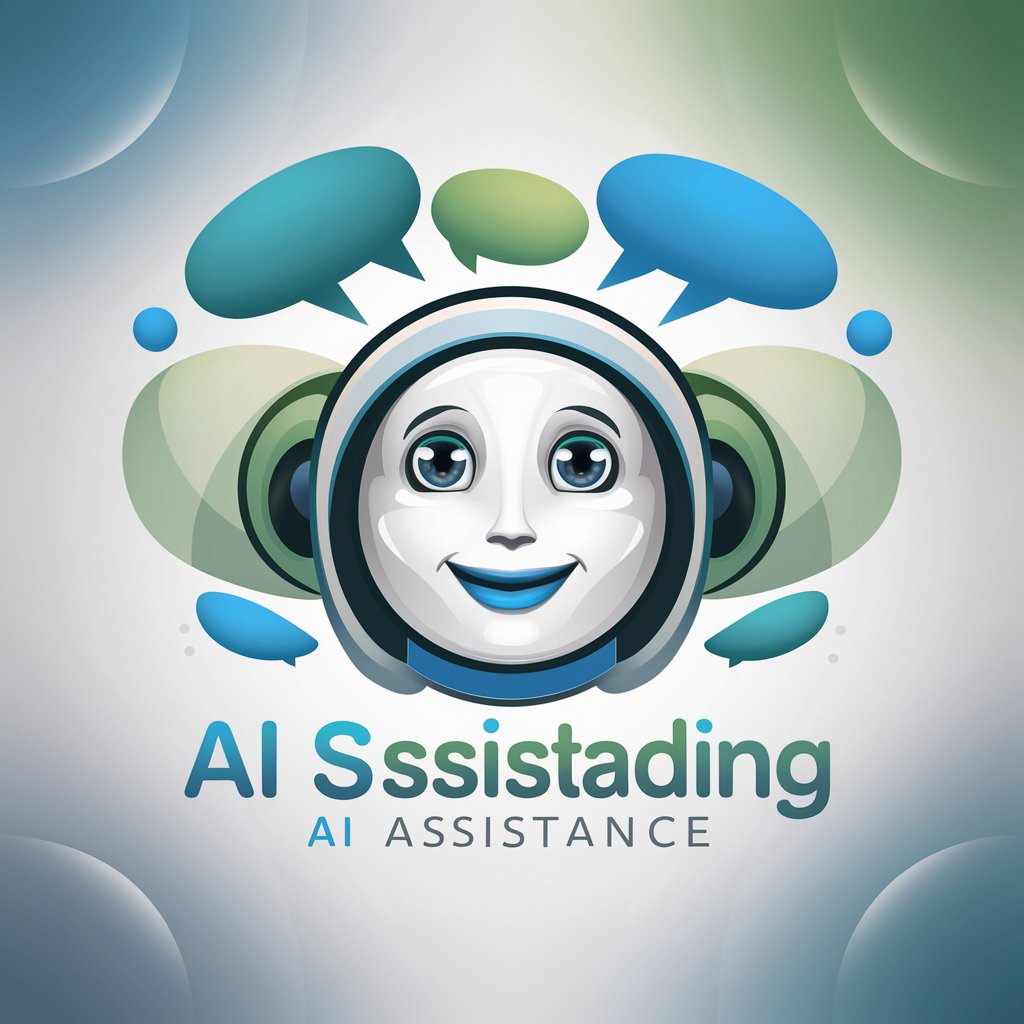
Swirly - ウミガメのスープ
Unravel Mysteries with AI-Powered Lateral Thinking

NewsBrew
Craft Unique Recipes with AI Inspiration
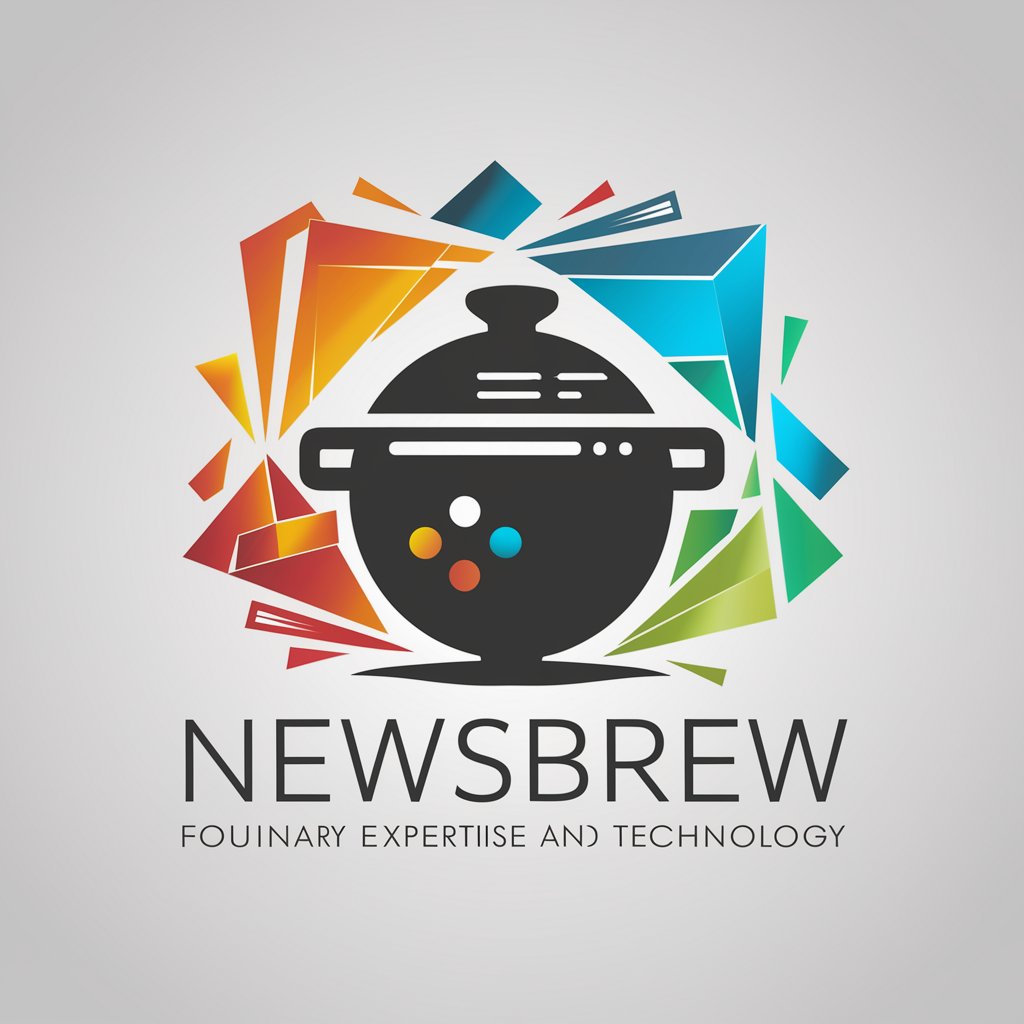
StyleMaster
Craft Your Style with AI Precision
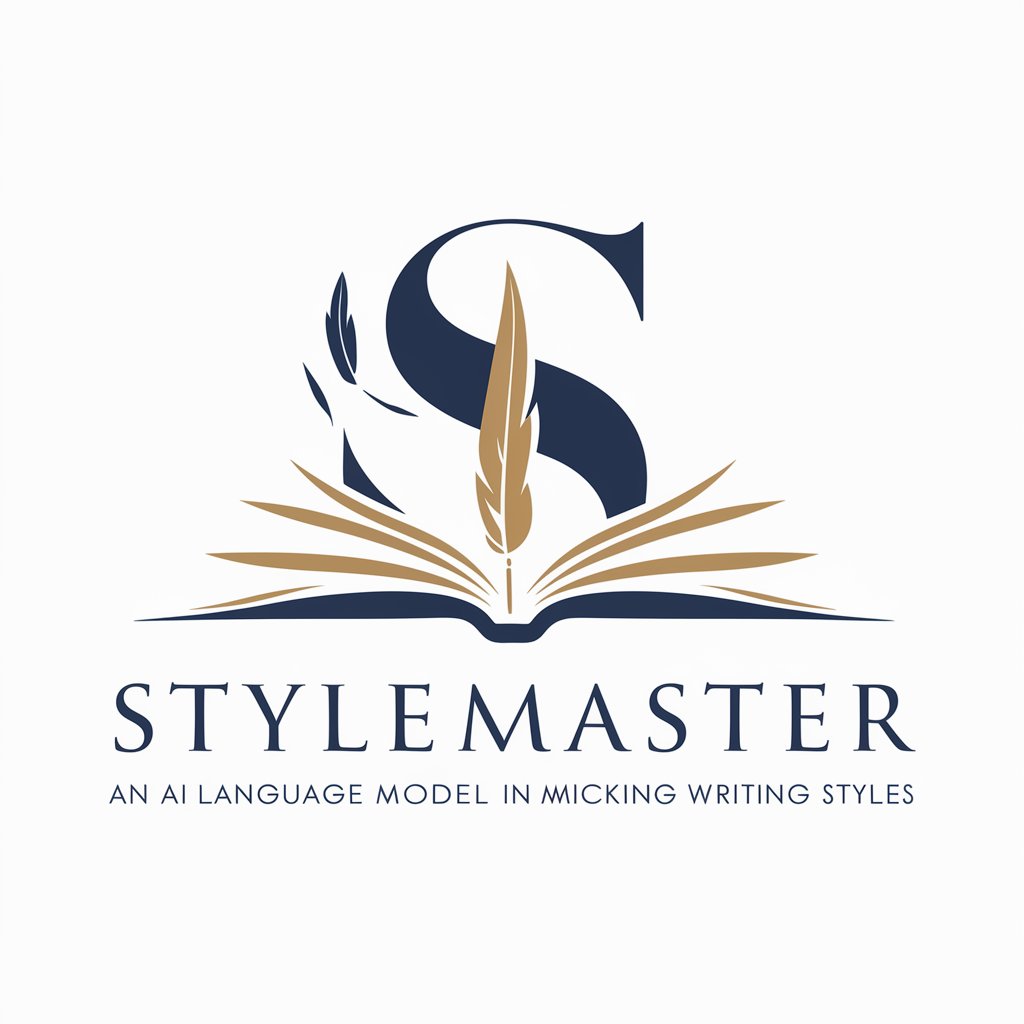
InsightsNotes
Strategic Insights, Enhanced by AI
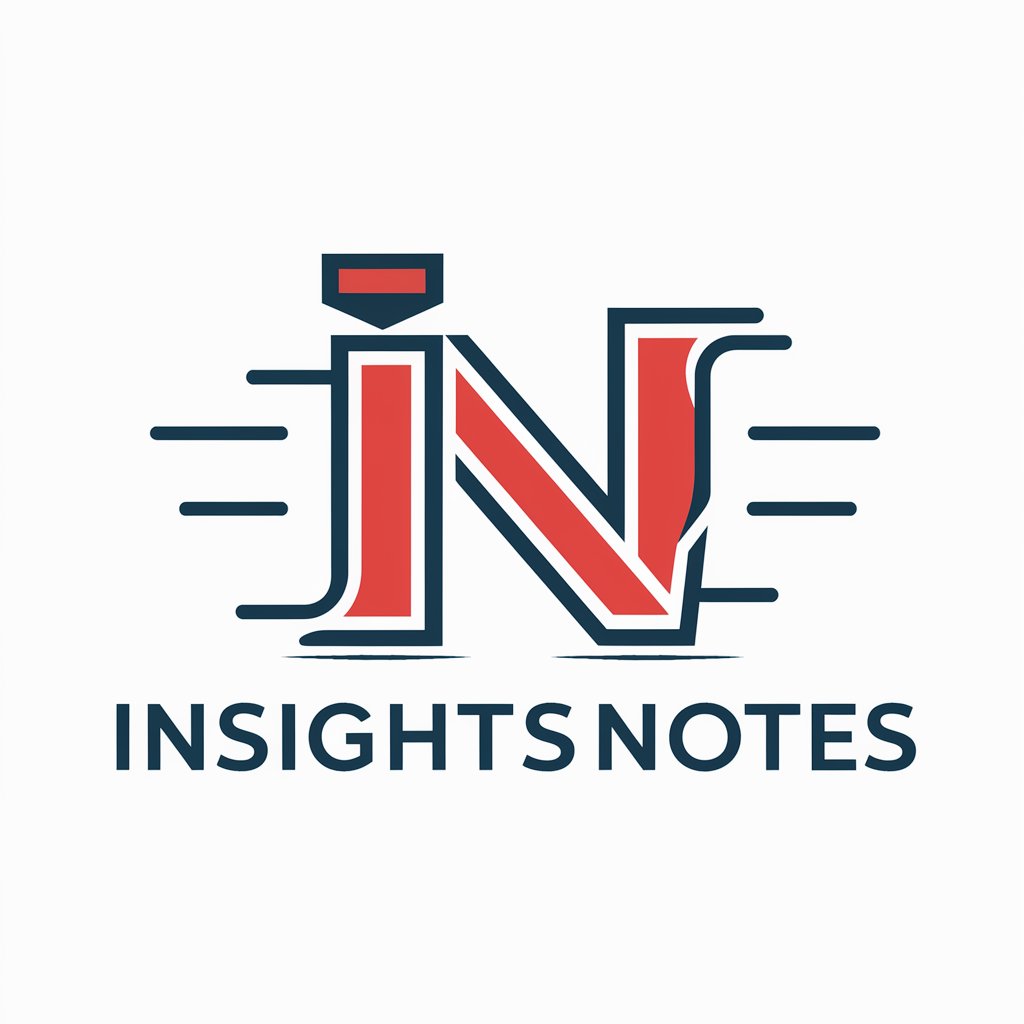
CatGPT
Meow meow meow meow

Tanaki Lite
Empowering Creativity with AI Intuition

Frequently Asked Questions About Request for Proposal Guide
What types of RFPs is this tool best suited for?
Request for Proposal Guide is particularly adept at handling RFPs in the engineering domain, including construction, manufacturing, and technology projects, due to its specialized focus on technical and industry-specific requirements.
Can this tool help with proposal formatting and structure?
Yes, it offers guidance on proposal formatting and structure, ensuring that your response adheres to industry standards and the specific guidelines outlined in the RFP.
How does the tool handle confidentiality and data security?
Request for Proposal Guide prioritizes confidentiality and data security, using encrypted connections and ensuring that user data is handled with utmost discretion and in compliance with data protection regulations.
Is there support for collaboration within teams?
The tool facilitates team collaboration by allowing multiple users to work on the proposal, providing a platform for shared access and simultaneous editing.
Can it integrate with other business tools and platforms?
Yes, it's designed to integrate seamlessly with a range of business tools and platforms, enhancing workflow efficiency and data synchronization across applications.
